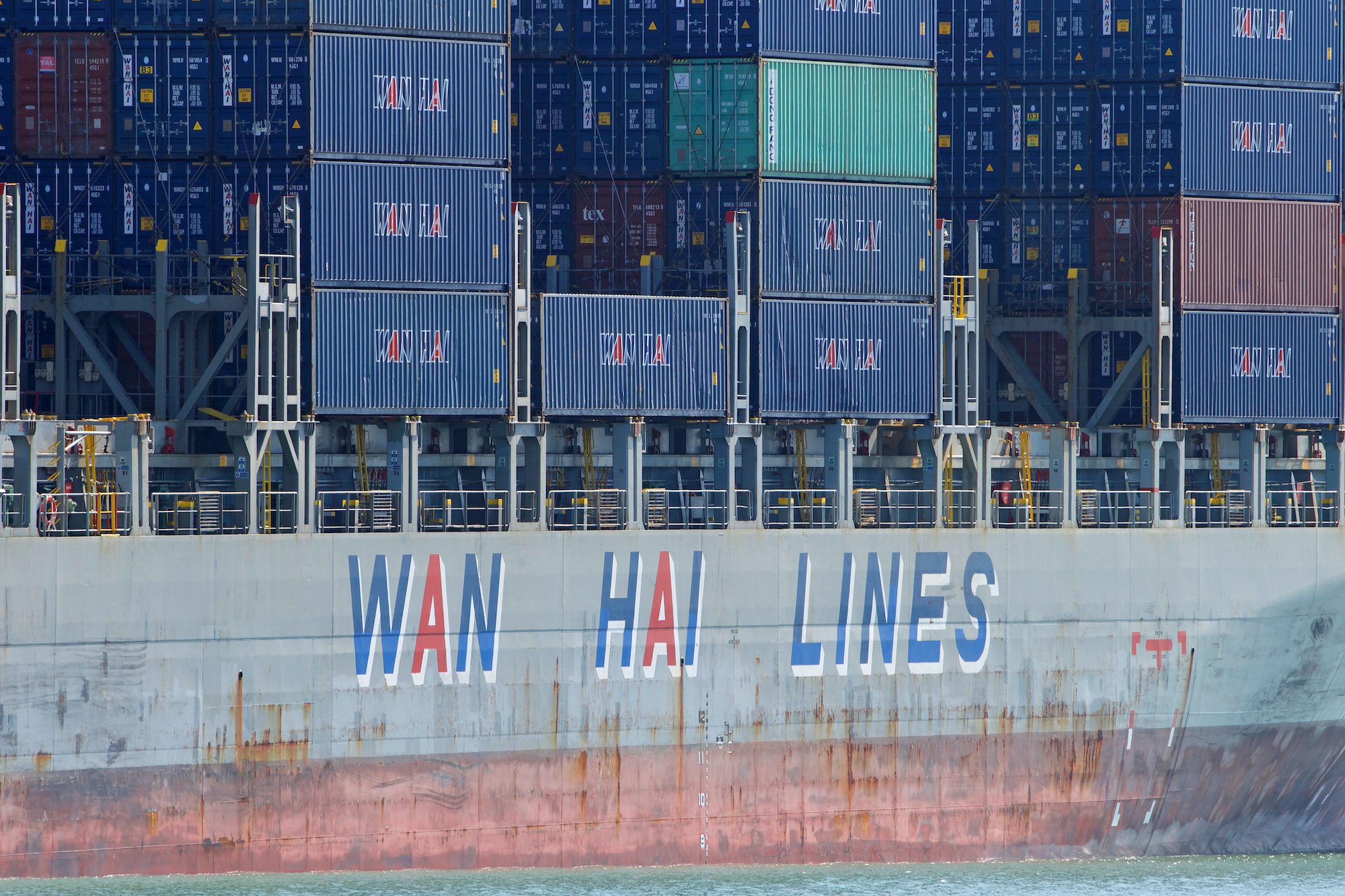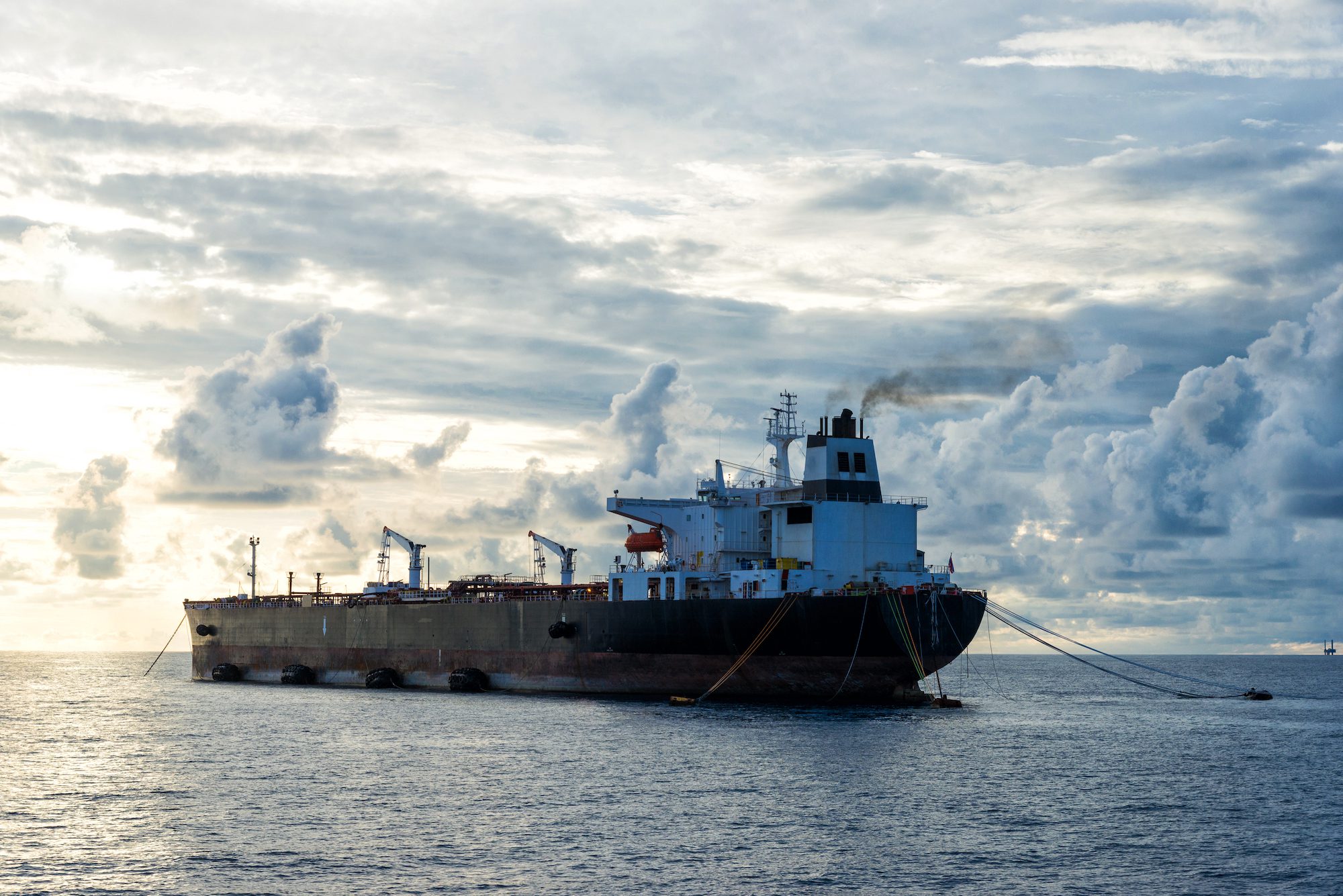By Nick Savvides (The Loadstar) –
Regulators in the US are slowly tightening their grip on the ocean shipping and inland supply chain market amid evidence that the interpretive rule regarding detention and demurrage (D&D) is beginning to bite.
New information demands by the Federal Maritime Commission (FMC)’s Bureau of Trade Analysis (BTA) will allow regulators greater insight into carrier behaviour. Meanwhile Wan Hai has agreed to settle claims brought against it concerning D&D charges for 21 boxes, the second carrier to settle a D&D claim after Hapag-Lloyd was fined $822,220 two weeks ago.
Assessment of the penalties to be applied to Wan Hai has not yet occurred, however. The German line was fined $58,730 per container; a similar penalty for Wan Hai for its 21 transgressions could make the fine more than $1.23m.
While the FMC’s interpretive rule is seen to be mitigating against unreasonable charges levied by carriers on shippers that are unable to return empty equipment due to congestion, the regulator’s analytical arm, the BTA, is making an attempt to understand carrier behaviour and to assess if that market is operating efficiently.
“Newly mandated information will provide the Commission’s BTA with insight into pricing of individual trade lanes, and by container and service type. It will also provide more immediate information regarding capacity management decisions of ocean carriers and alliances,” said an FMC statement yesterday.
Although the FMC believes that the three ocean alliances are already subjected to the most severe oversight, an examination of the extra information was needed “to properly analyse carrier behaviour and marketplace trends,” said the FMC.
Each carrier within an alliance will have to submit pricing information on cargo moved on major tradelanes. In addition, the BTA wants carrier and alliance information on capacity management.
The new requirements follow a slew of complaints from US shippers and forwarders concerning possible antitrust violations by carriers, as well as denial of service allegations, which the FMC is investigating.
Enhanced measures in the US could play a part in the upcoming review of the consortia block exemption given to the alliances by the European Commission. The latest review is meant to start in the first half of this year with the block exemption, which was renewed in the spring of 2020, in place until the spring of 2024.
European shippers and forwarders have long argued that the block exemption gives the carriers an unfair advantage in contract negotiations while not offering any benefits to the lines’ customers. This view has seemingly gained traction among US regulators, who believe it is worth investigating.
Carriers dispute the shipper view, claiming that the benefits of alliances are that carriers can offer more services as vessels can be used more efficiently, thereby offering shippers more choice.
The Loadstar is known at the highest levels of logistics and supply chain management as one of the best sources of influential analysis and commentary.

 Join The Club
Join The Club











